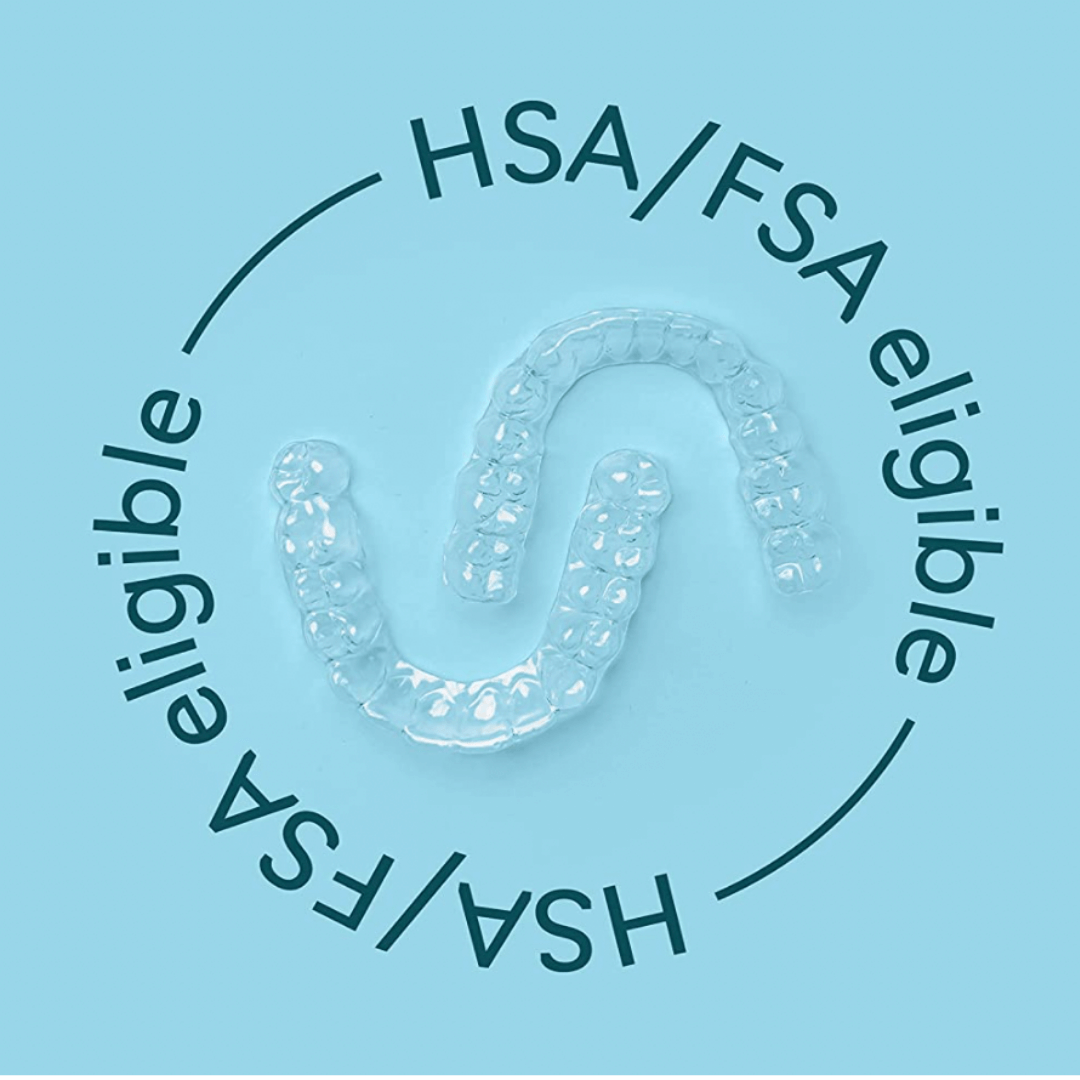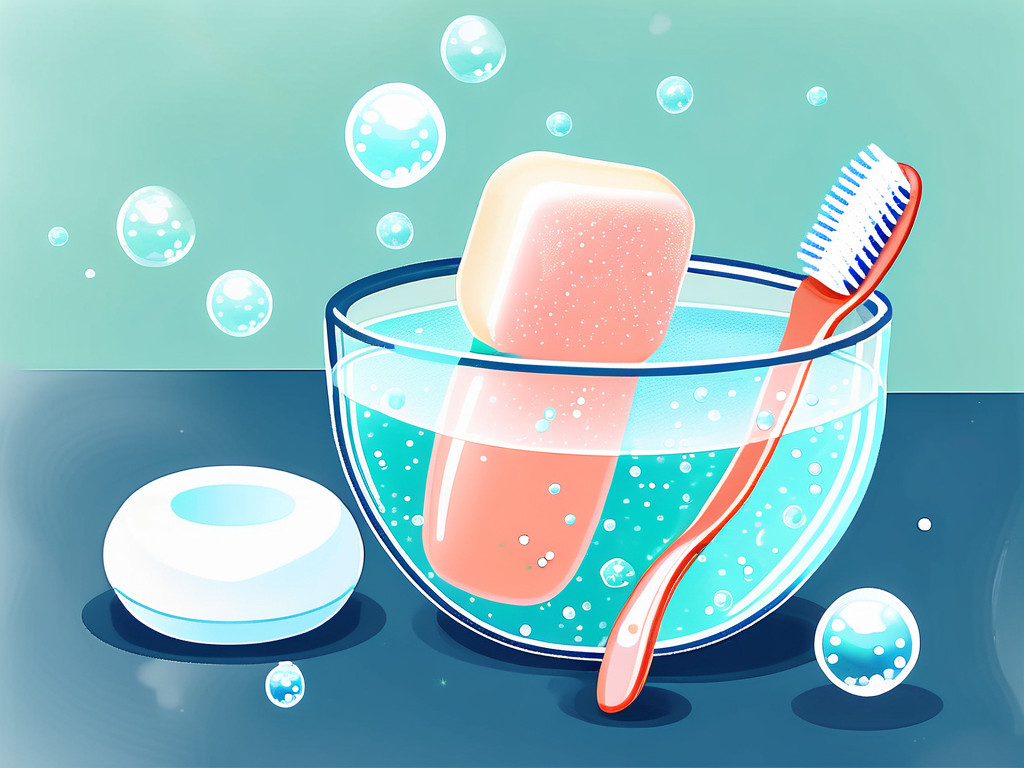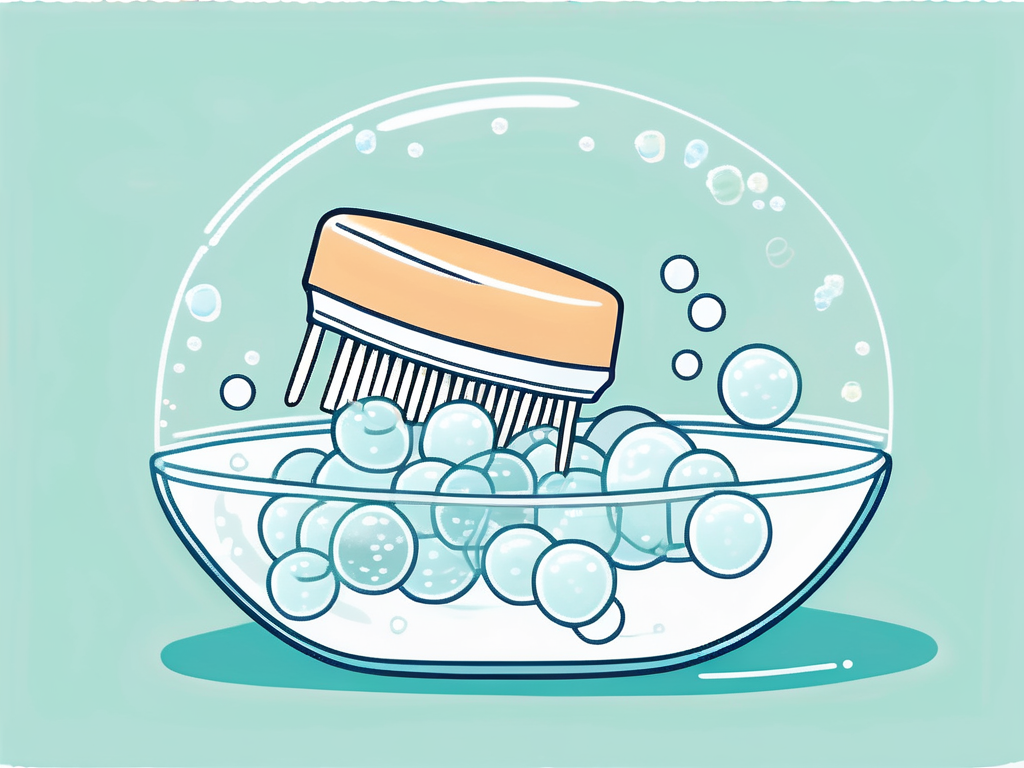- Shop All
- Custom Night Guards
- Retainers
- UV Toothbrush Sanitizer
- Best Sellers
- How-To Video
- How Remi Club Works
- Learn
- Reviews
- FAQ
- 1-800-234-1874 | M-F 9 am to 5 pm PST
- Login
-

SHOP NIGHT GUARDS
45-Night Perfect Fit Guarantee
"I love my custom night guards!! So comfortable to sleep in because they are not big and bulky!! My jaw is so much more relaxed and I find myself much less tense! Great purchase! Highly recommend!"
 Verified Shopper
Verified Shopper






